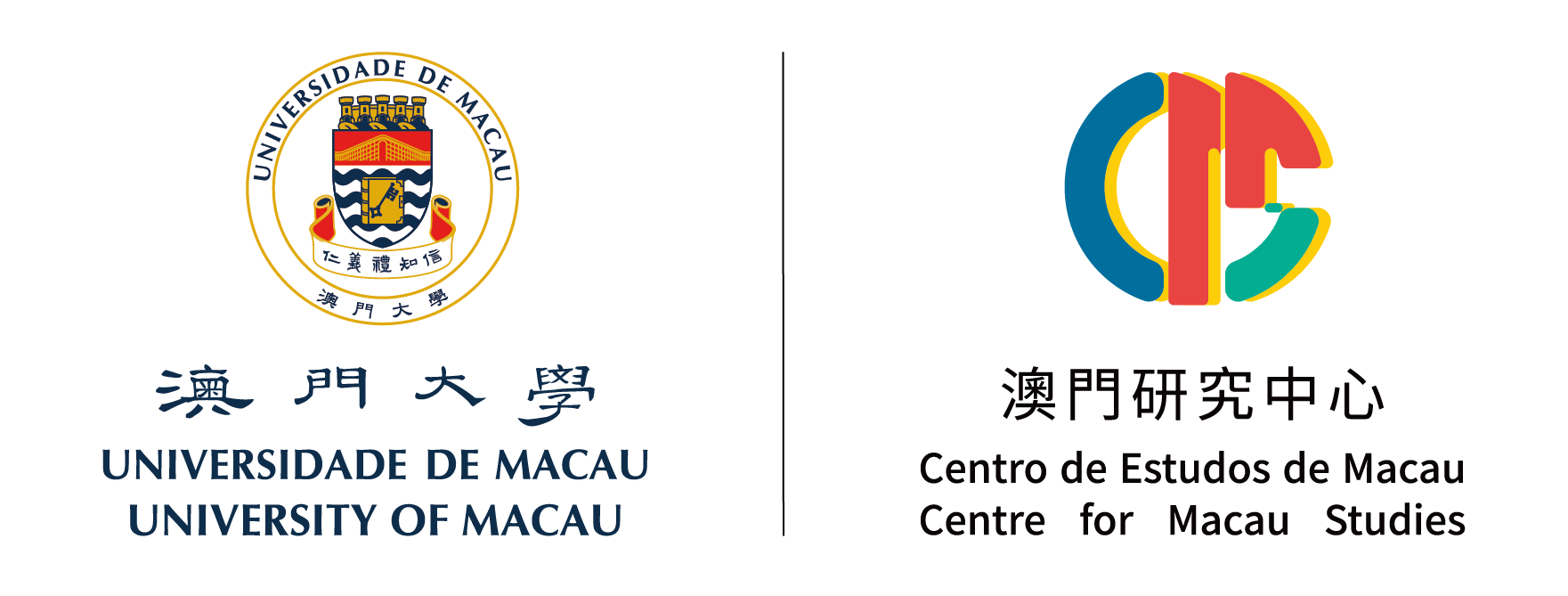
| 標題 Title |
流動人口與城市融入──九位“澳門—珠海”跨境勞工的生命史研究 Floating Population and Urban Integration: A Study on the Life History of Nine “Macau-Zhuhai” Cross-border Laborers |
|---|---|
| 作者 Author |
皇甫錚 HUANG Fuzheng |
| 摘要 Abstract |
跨境勞工作為特殊的勞工群體,每日往返於澳門—珠海兩座城市,他們對於城市的印象與城市居民、遊客等其他群體截然不同。通過對9位跨境勞工的生命史訪談的經驗資料,本研究發現,跨境勞工群體對於城市的印象伴隨着居住空間的分隔而產生分異,“語言”是城市融入的重要門檻,“婚姻移民”則是勞工“進入”城市的重要途徑。伴隨跨境生活,勞工在與他人的人際交往中,積極尋求縮小“空間隔離”帶來的“社會融入”差距,從而不斷改變對於“身份”的認知,“身份”的界限伴隨勞工的生活而越發模糊。在此基礎上,跨境勞工對於城市的印象,隨着空間、社會融入的改變,而產生了不同於其他群體的全新固化印象。
Cross-border laborers, as a special labor group, commute between two cities on a daily basis, i.e. Macau and Zhuhai. Their impression on the two cities differ entirely from other groups like local residents and tourists. Based on the interviews with nine cross-border laborers on their life history, it is found that this group’s impression on the two cities is differentiated by the division of their dwelling spaces. “Language” is a crucial threshold for urban integration, while “marriage immigration” is an important approach to “enter” cities. Those laborers actively seek to narrow the gap of “social integration” brought about by “space segregation” in their interpersonal relationship with others, which constantly changes their perception of “identity”. The boundary of “identity” is getting ever blurred over the life course of laborers. On this basis, the cross-border laborers’ impression on the two cities, along with the changes of space and social integration, turns into a new stereotype that differs from other groups. |
| 關鍵詞 Keywords |
澳門,珠海,城市融入,跨境勞工 Macau, Zhuhai, Urban integration, Cross-border laborers |
| 下載 Download |
Links |

